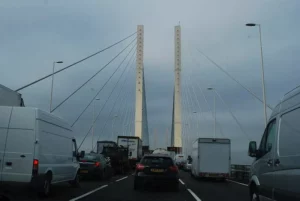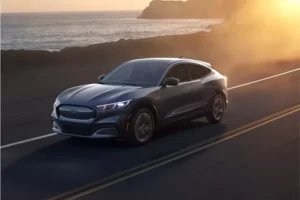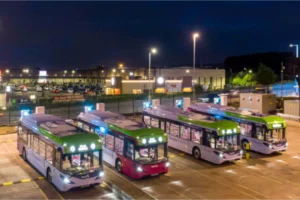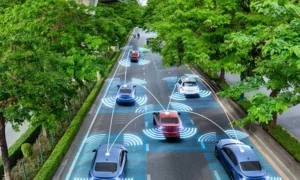Governments must reallocate road space to help create healthier cities and improve the enviornment, according to a new published by the International Transport Forum.
The report focuses on how government’s around the globe can further reduce car dependency and said to achive this, they must first ensure there is ‘adequate’ levels of car-free accessibility provided through alternative transport options such as public transport, cycling, shared micromobility and walking. This will require the creation of safe walking and cycling infrastructure, it said and the reallocating of space away from roads and parking. In the longer-term, it will mean changes in land-use patterns to maintain high levels of accessibility with lower overall levels of mobility.
Based on this, the authors of the report suggest that the Government should review how much road and parking space is allocated to the different transport modes.
The report said that car use between peripheral areas will likely be irreplaceable, therefore the objective should not be to suppress travel by car, but to channel it to locations and uses where its value to the individual exceeds the costs it imposes on society.
“A reallocation of road space, and urban space more broadly, is key in achieving a more sustainable modal split and improving urban environments. Cars, roads and parking spaces use up a large amount of the
already scarce space in cities that could be used for other purposes that would be more beneficial to overall economic welfare. In many cities, there is a mismatch between the amount of space given to each transport mode and the share of passengers actually carried, with car travel unfairly advantaged,” said the report.
“Fiscal policy instruments, including vehicle taxes, parking pricing and congestion charges are effective tools for managing traffic and maximising the efficiency of urban transport systems. The fiscal package influences all decisions from whether to own a vehicle to the choice of itinerary to the time of commuting. The most effective urban mobility management systems deploy these tools together with road space allocation and land-use planning instruments. Concerns over the impact of pricing instruments on vulnerable households have, however, made many authorities prioritise reallocation of street space from cars to public transport, cycling, shared micromobility and walking in an effort to curb excessive car use.
In practice, however, an integrated approach combining elements of both would achieve the best outcome,” it added,.





















